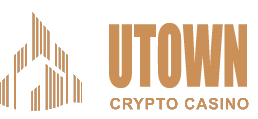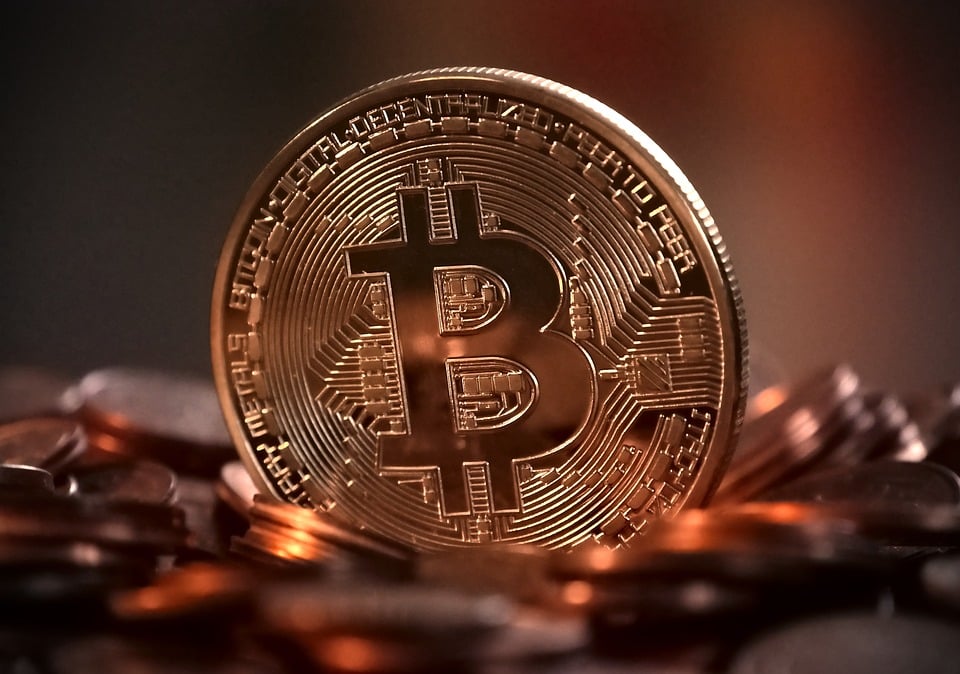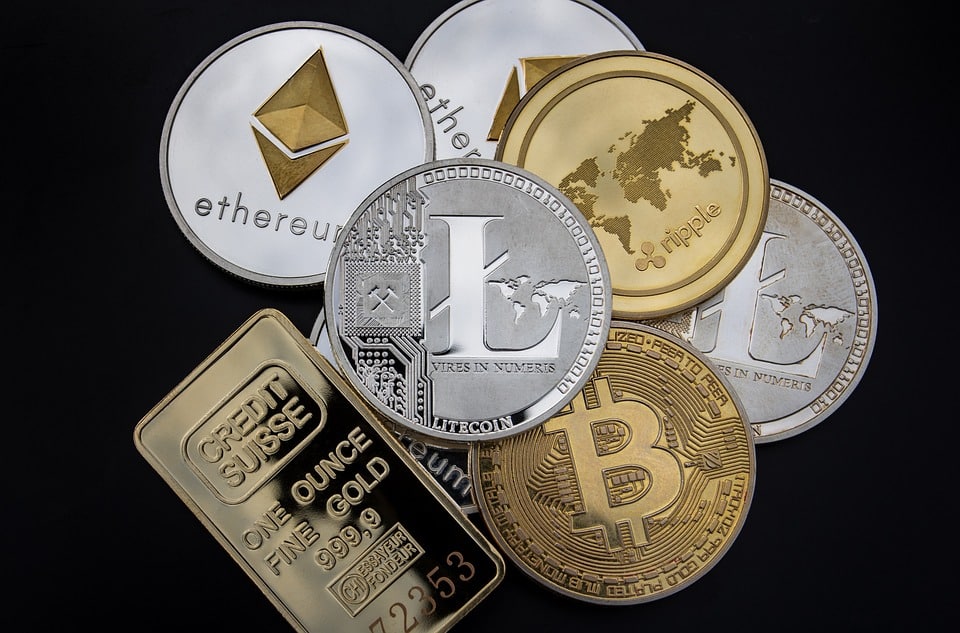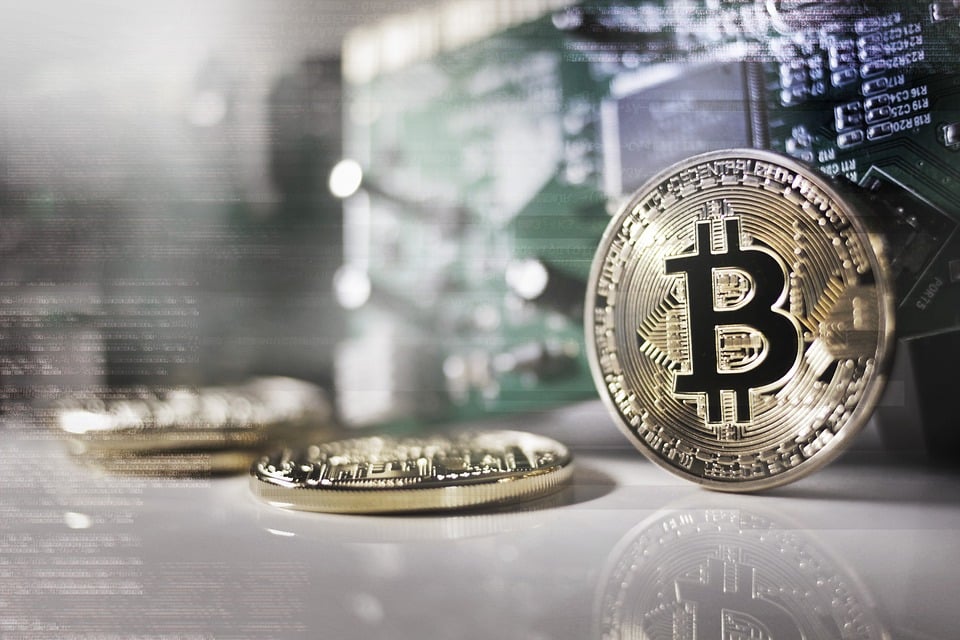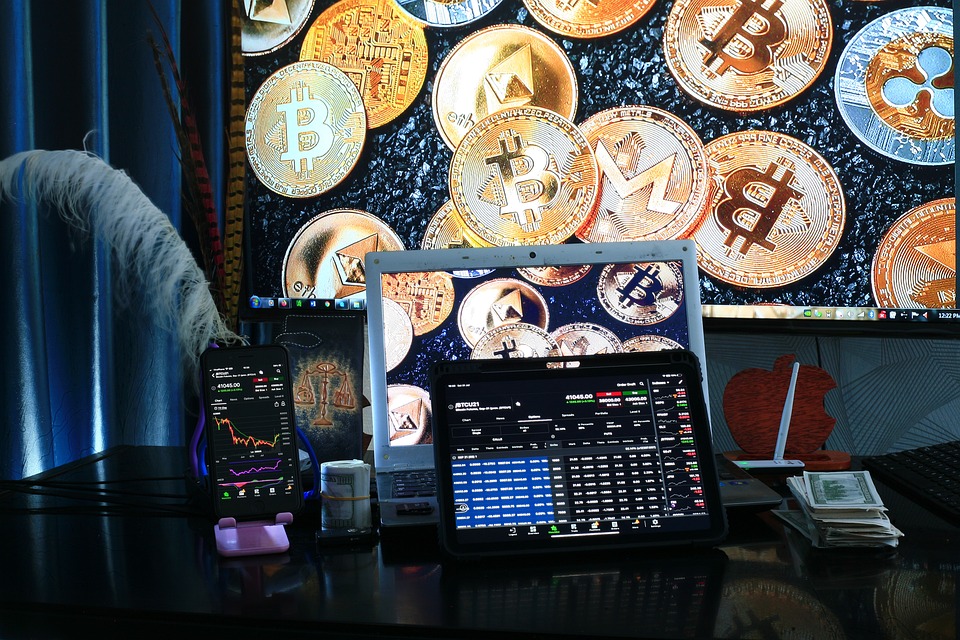In the fast-paced world of cryptocurrency, knowing how to trace the ownership of a digital wallet address can be crucial. Among various cryptocurrencies, Tether (USDT) stands out as one of the most widely used stablecoins. Its popularity continues to grow in countries like the Philippines, where crypto adoption is surging. This article will guide you through finding the owner of a USDT wallet address, including useful tools and methods, as well as considerations related to privacy and legality.
Understanding USDT and Wallet Addresses
What is USDT?
Tether (USDT) is a stablecoin designed to maintain a value pegged to a specific fiat currency, commonly the US dollar. This peg allows for a stable trading experience and serves as a bridge between cryptocurrencies and traditional currencies. Given its stability, USDT is often used for trading, remittances, and holding value.
What is a Wallet Address?
A wallet address is akin to a bank account number in the cryptocurrency realm. It is a unique string of characters that allows users to send and receive cryptocurrencies securely. Each wallet has its unique address, and for USDT, there are several blockchain versions, including Ethereum (ERC-20) and TRON (TRC-20). As of 2024, the Philippines is expected to have over 3 million cryptocurrency users, making the number of these wallet addresses significant.
Why Would You Need to Find the Owner of a USDT Wallet Address?
Understanding the reasons behind wanting to identify a wallet owner is key. Here are some common scenarios:
- Fraud Prevention: If you suspect fraudulent activity, knowing the owner can help protect you and others.
- Transaction Confirmation: If you’ve sent or received cryptocurrency, confirming the wallet owner can provide assurance.
- Networking Opportunities: Individuals may want to connect for collaborative projects where transparency is essential.
Tools and Methods to Find Wallet Owners
Finding the actual owner of a wallet address can be challenging due to the inherent anonymity of cryptocurrencies. However, there are some methods you can employ:
Blockchain Explorers
What They Are
Blockchain explorers are online tools that allow users to view all transactions associated with a particular blockchain. For USDT on TRON, you can use explorers like TRONSCAN. For ERC-20 USDT, Etherscan is a popular choice.
How to Use Them
- Visit a Blockchain Explorer: Go to platforms such as TRONSCAN or Etherscan.
- Search the Wallet Address: Enter the wallet address in the search bar.
- Examine Transaction History: Review the transaction history, which may provide clues about the wallet owner’s identity based on transaction patterns or linked addresses.
Social Media and Online Forums
Many users link their wallet addresses to social media profiles or online forums where they discuss cryptocurrency. Platforms like Reddit or Twitter might have discussions surrounding particular wallet activities.
How to Use These Platforms
- Search for Wallet Transactions: Use the wallet address to search on platforms like Twitter or Reddit.
- Engage in Conversations: Comment or ask questions in threads related to the wallet to gather insights.
Analyzing Transaction Patterns
Examining how, when, and with whom funds are transferred can provide insights into wallet ownership.
What to Look For
- Frequent Transactions: If the wallet frequently interacts with known exchanges or payment platforms, the owner may be a trader.
- Interaction with Other Wallets: If the wallet sends or receives funds from identifiable wallets, it may help trace ownership.
Legal Considerations
Cryptocurrency Privacy
While blockchain technology provides transparency, it also guarantees privacy. Many jargons surround the issue of privacy in cryptocurrency transactions; hence understanding the legal implications is crucial. In countries like the Philippines, new regulations are emerging that address crypto privacy and security.
Requesting Information Legally
In serious cases such as fraud or criminal activity, victims may report to local law enforcement alongside regulatory bodies like the Anti-Money Laundering Council (AMLC) in the Philippines. Legal routes typically yield results but can be time-consuming.
Responsible Usage of Information
Ethical Considerations
Even if you find out information regarding the owner of a wallet address, it is ethically essential to consider why you need that information. Respect the privacy and anonymity provided by cryptocurrencies.
Potential Risks of Trying to Uncover Owner Information
Attempting to find a wallet owner’s identity could lead to unwanted attention or conflict, especially if the wallet is associated with controversial activities. Engage in this pursuit responsibly and ethically.
Best Practices for Protecting Your Own Wallet
Security is paramount in the world of cryptocurrency. Here’s how you can protect your own wallet and mitigate risks:
Utilize Secure Wallets
- Hardware Wallets: Invest in hardware wallets for maximum security.
- Multi-Signature Wallets: Consider wallets that require multiple signatures for transactions.
Enable Two-Factor Authentication (2FA)
Adding an additional layer of security through 2FA can help safeguard your assets.
Keep Your Information Private
Always approach public forums and social media cautiously. Never share your wallet address or private information unnecessarily.
Cryptocurrency In The Philippines
Growth in 2024
As of 2024, the Philippine Statistics Authority has reported that the adoption of cryptocurrency among Filipinos has grown exponentially. In 2023 alone, around 30% of Filipino internet users engaged in cryptocurrency trading, with USDT being one of the most popular currencies due to its stability.
Leading Exchanges
Several exchanges cater to the Philippine market, providing platforms for buying and selling USDT. These include platforms like Binance and Coins.ph, which allow users to convert PHP to USDT seamlessly.
Remittances and USDT
Cryptocurrency, and particularly USDT, has become a popular choice for remittances in the Philippines, given the vast number of Overseas Filipino Workers (OFWs). In 2023, it was estimated that Filipinos sent approximately $35 billion home in remittances. Using stablecoins can significantly reduce transaction fees associated with traditional remittance services.
Conclusion
Finding the owner of a USDT wallet address can be challenging due to the anonymity that cryptocurrencies provide. However, with blockchain explorers, social media investigations, and transaction analysis, it is possible to gather information about wallet activities and connections. Always consider the legal and ethical implications of your search. Additionally, be mindful of protecting your own wallet through secure practices.
For those ready to experience the cryptocurrency world, you can Join Now to discover more about wallets, trading, and much more. You can also Click to Learn More about USDT wallet addresses today. The cryptocurrency revolution is here—take action now and ensure you’re well-informed and well-prepared!
